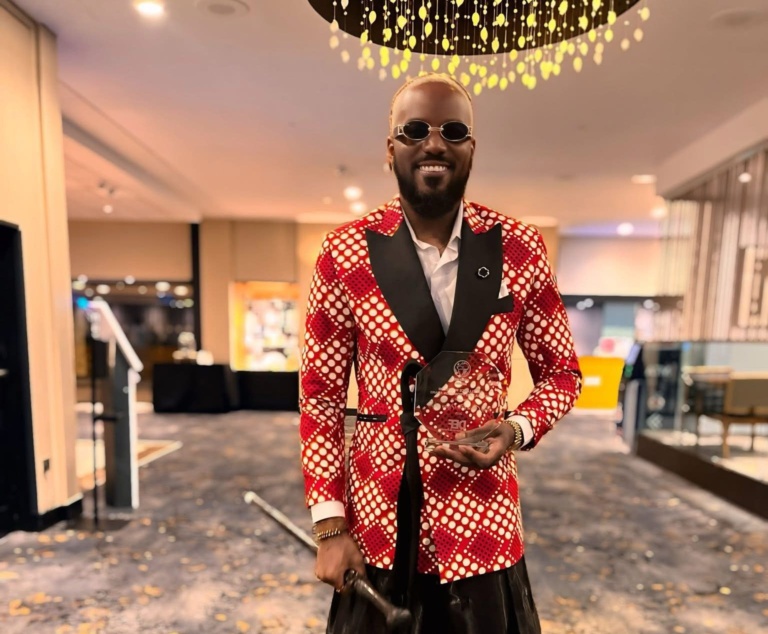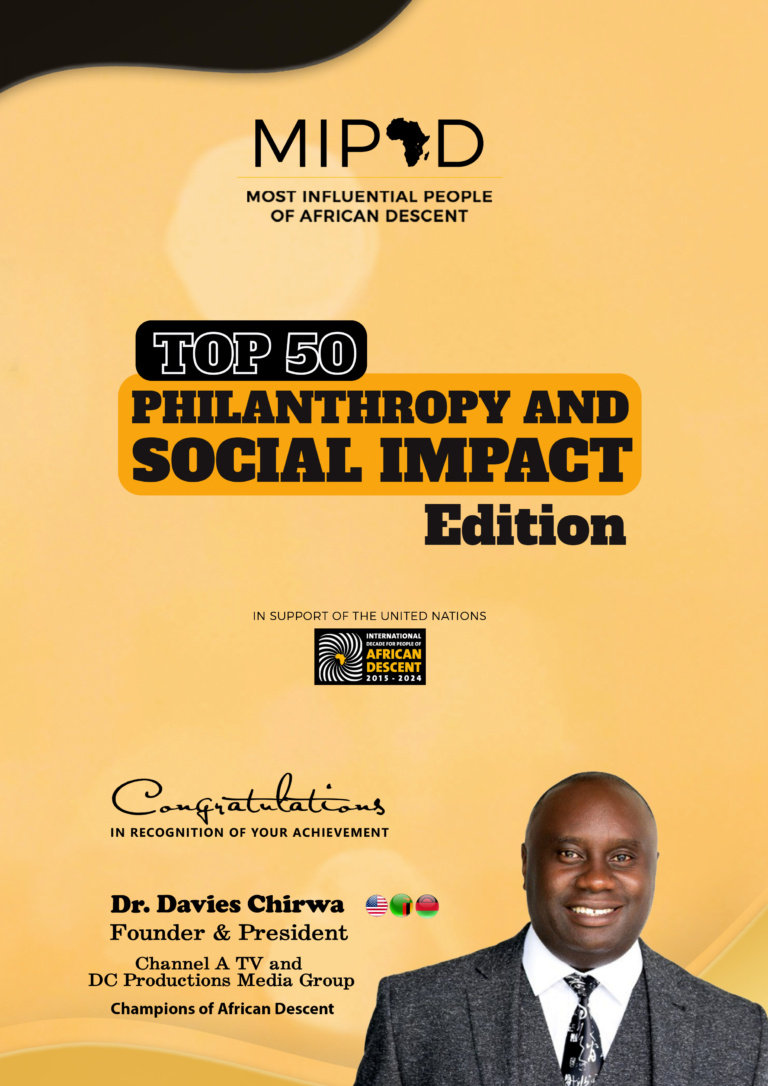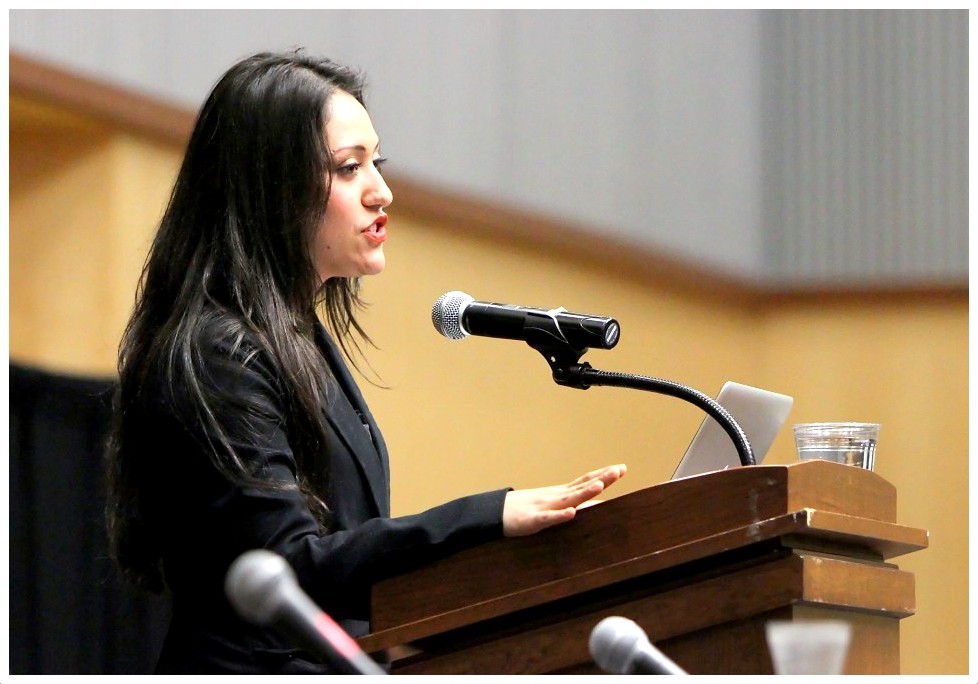
As officials try to raise awareness about the existence of people who have been trafficked, a Seattle woman tells her unusual story. Her mother’s family was victimized by her father, a Ph.D. and concert violinist who worked with the U.N.
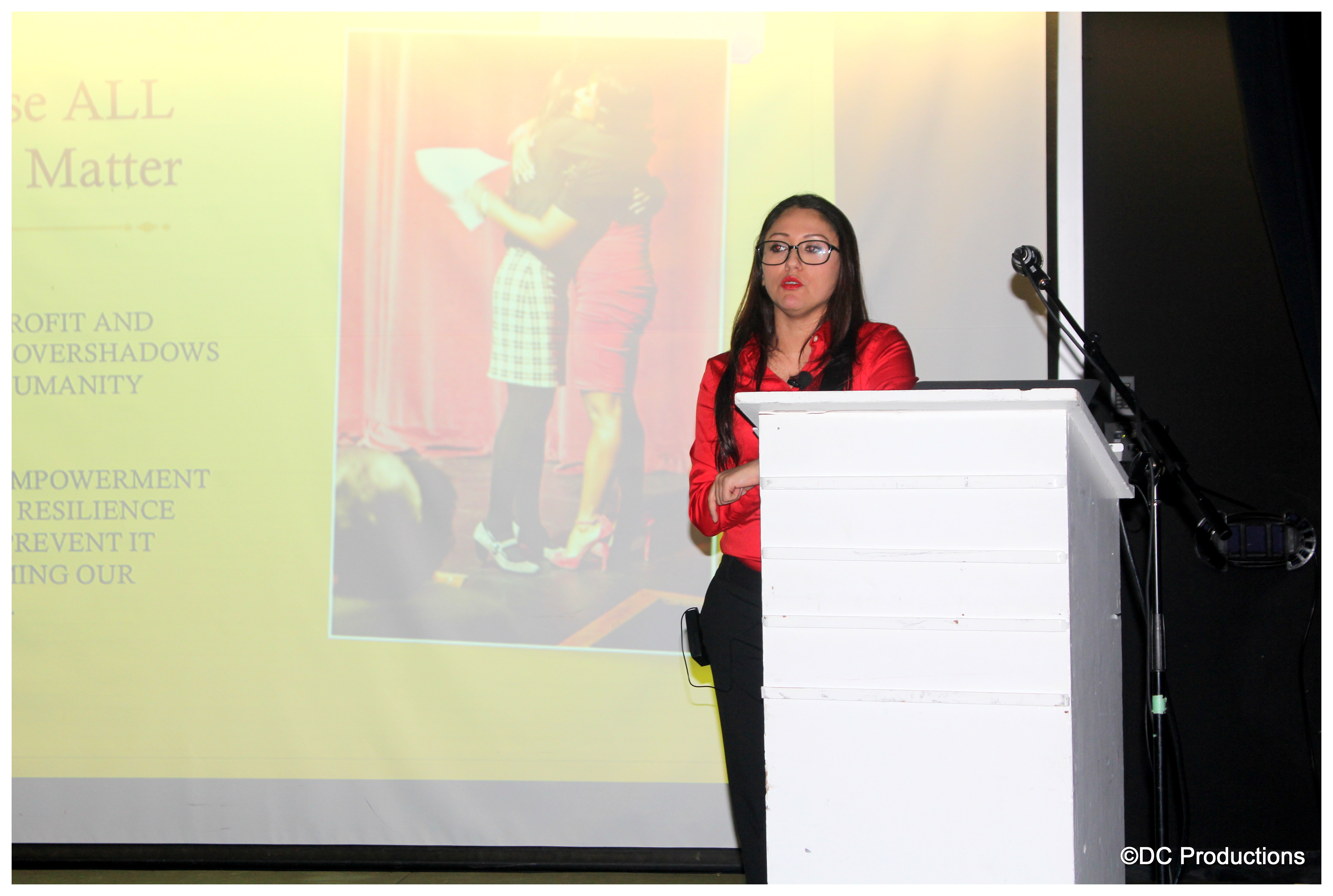
Yasmin Christopher remembers being crammed into a tiny apartment in Aberdeen with nine of her relatives when she was about 4 years old. They shared one bedroom, a single bathroom, had no furniture and no money. Her dad was in jail and her mom, a foreign-born teenage mother of two, was terrified. For Yasmin, it was one of the happiest times of her life.
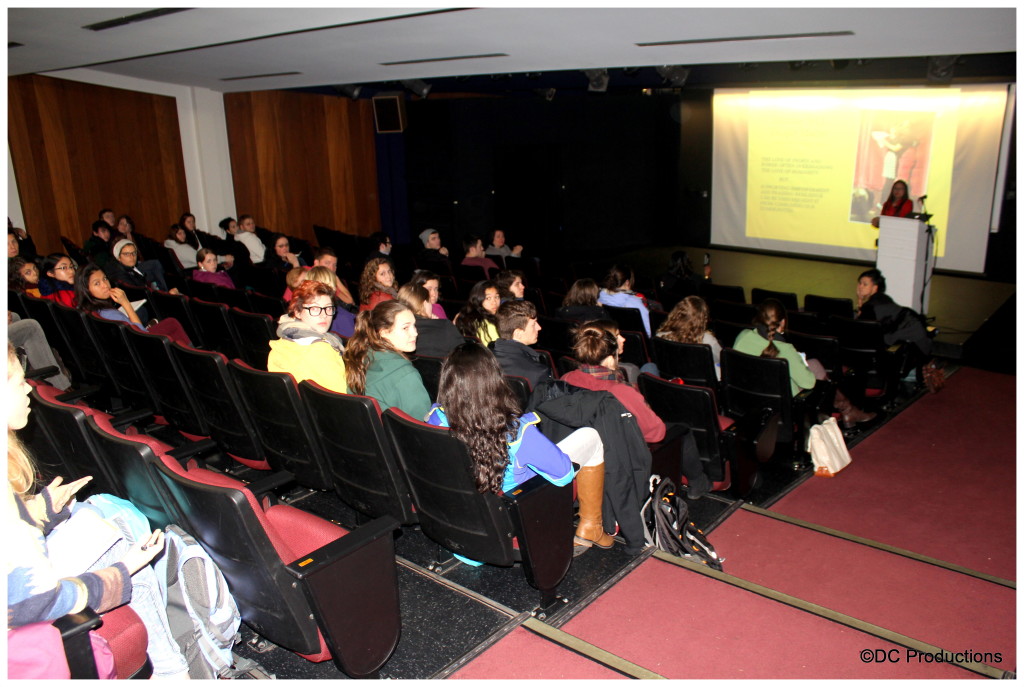
“We were all free and we were all together,” recalls the Seattle University law student, now 28. “The bad thing that happened to us when we moved here was over.”
Yasmin, her younger sister, mother and a half-dozen other relatives had been brought to the U.S. from their native Bangladesh by her father, Stefan Christopher, to toil on his 65-acre farm near the tiny Grays Harbor County town of Oakville. There, he fed them little, paid them nothing, sexually abused some of the children and beat the adults. Police would later learn he forced one of Yasmin’s uncles to dig his own grave before nearly beating him to death.
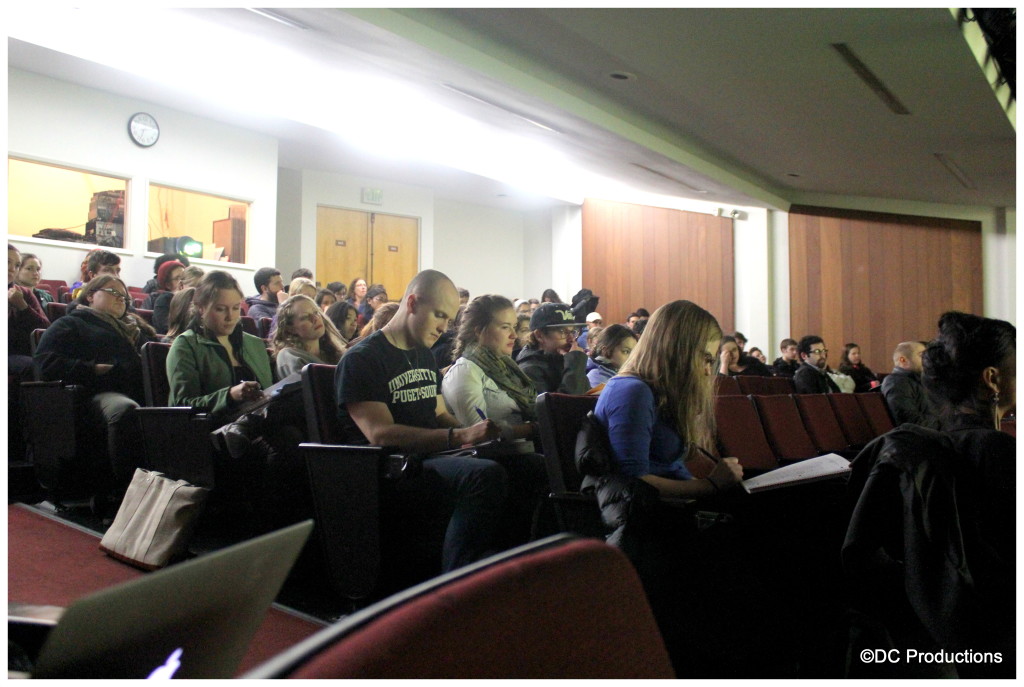
Yasmin’s childhood ordeal and her father’s eventual criminal conviction have made her a spokeswoman of sorts for victims of human trafficking, a global crime that generates billions of dollars in profits for the traffickers and increasingly targets young children. Yasmin has lent her voice to a recent campaign launched by Seattle and King County to raise awareness of the issue and alert people to how they can help.
“People don’t realize that there’s not one kind of trafficker. Traffickers do not have a stereotypical face,” she said. “It can happen anywhere; in cities, the suburbs, factories and farms. It can involve the most unexpected people.”
In Yasmin’s case, she says no one from outside her family could have guessed that her father — a well-spoken, well-educated man from a well-to-do family, a violinist with the Bellevue Philharmonic Orchestra who worked as a consultant for the United Nations — was also a pedophile and a human trafficker.
“I’m fascinated by my father. We always talk about the victims, but we don’t talk about the trafficker. Who does this, and why? I found out there is no single answer,” she said in a recent interview.
Lane Youmans, the now-retired detective with the Grays Harbor County Sheriff’s Office who helped bring down Stefan Christopher after being called in to investigate the suicide of Yasmin’s 16-year-old aunt, said the case opened his eyes to the insidious nature of human trafficking.
“I was totally surprised to go out to the farm and find out what was going on,” he said. “I never imagined it happening in a small town like Oakville.”
The United Nations has estimated that 2.5 million people are in forced labor, including sexual exploitation, at any given time. Despite a recent increase in reporting, experts say it remains one of the most underreported crimes in the world.
A recent report by the U.N.’s Office of Drugs and Crime noted that trafficking for sexual exploitation accounts for 58 percent of all trafficking cases detected globally.
Meanwhile, the share of detected cases involving forced labor has doubled over the past four years to 36 percent. Victims can be found in restaurants, fisheries, brothels, construction sites and, as in Yasmin’s case, farms and homes.
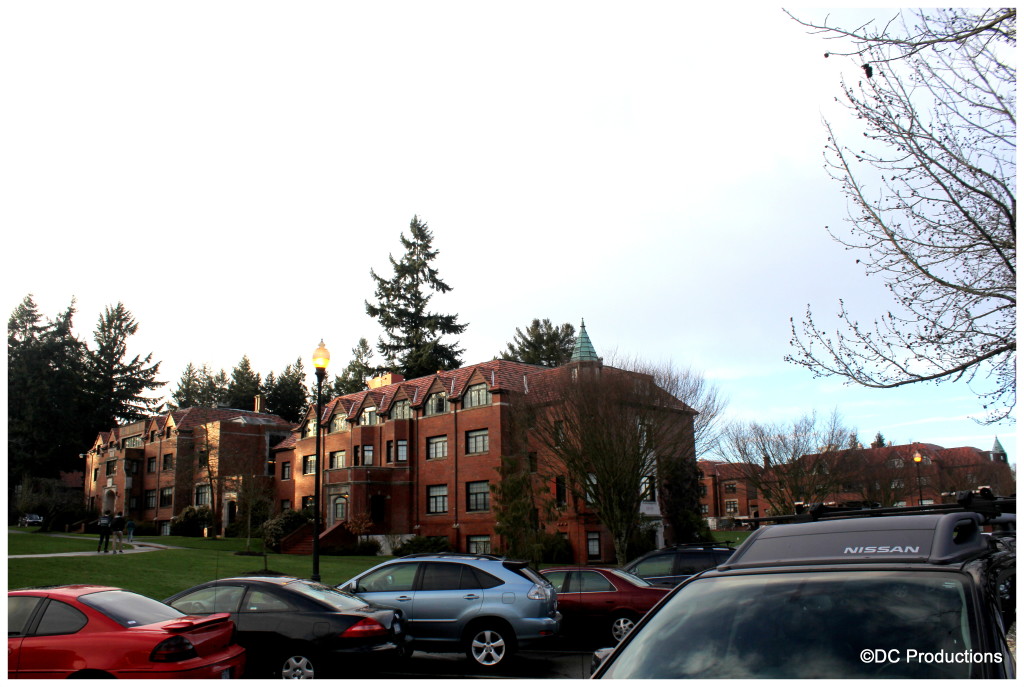
Women and girls together account for about 75 percent of all trafficking victims, both for sex and for labor, the U.N. report said.
One troubling trend is the apparent rise in the trafficking of children, with the percentage of detected victims increasing from 20 percent between 2003 and 2006 to some 27 percent between 2007 and 2010, the report said.
In recent years, increasing financial resources and media attention have focused on the victims of sex trafficking, particularly that involving underage victims.
But labor trafficking is just as problematic, according to Seattle-based Assistant U.S. Attorney Ye-Ting Woo, who has prosecuted 19 trafficking cases involving 58 victims in the past five years.
In one case handled by Woo, the victim was a 19-year-old woman who immigrated from Micronesia because her cousin told her there were job opportunities in the U.S. Once she got to their Chehalis-area home, the victim’s cousin and his wife put her to work cleaning their house and taking care of their children.
They also forced her to work at a chicken-processing plant and took her paycheck. When her cousin began raping her, the victim went to neighbors, who understood, despite a language barrier, that something was wrong and took her to a shelter, Woo said.
While Washington became the first state in the nation to criminalize human trafficking, in 2003, the state remains a focal point for traffickers because of its ports, its proximity to Canada and its dependency on agricultural workers.
Seattle Mayor Mike McGinn has estimated hundreds of people, including many juveniles, are trafficked in the region each year for sex, manual labor, domestic labor and more. A 2008 study of commercial sexual exploitation of youth in King County estimated that at least 300-500 girls were being trafficked at that time.
The campaign to raise awareness of the problem in Seattle and King County, launched earlier this year, includes bus ads, billboards and phone numbers people can call if they suspect someone is the victim of human trafficking.
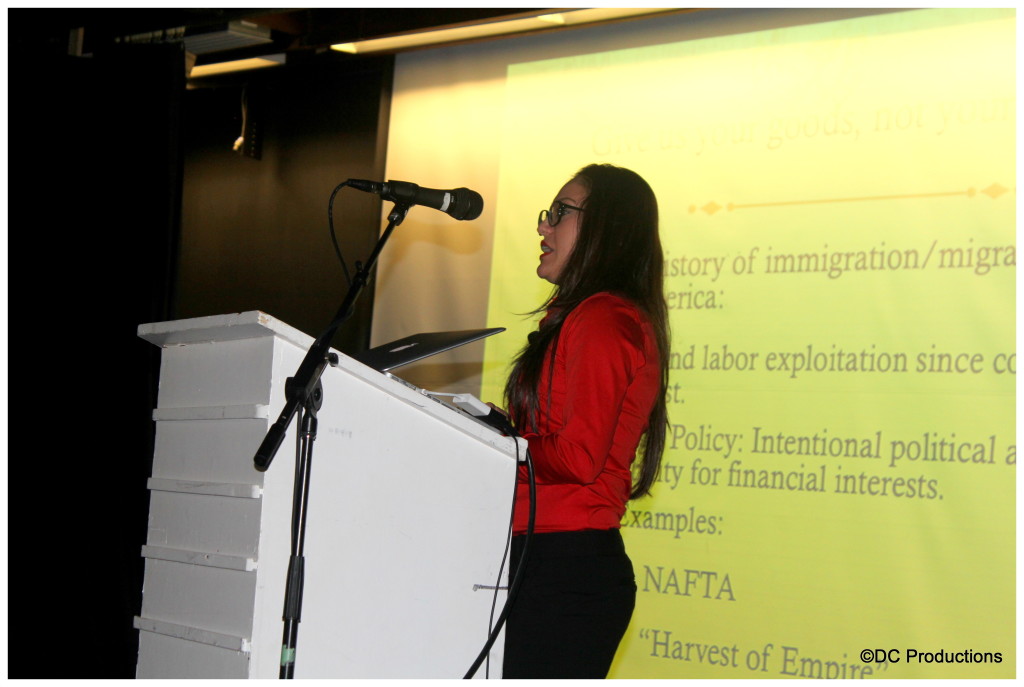
Woo said trained law-enforcement investigators and an increased understanding among the public have had a positive impact.
But labor trafficking cases are, in some ways, more difficult to detect and investigate, she said. The victims may not be visible, and sometimes they may not even know that their treatment is criminal.
Yasmin said she and her relatives only recently understood that they had been victims of a trafficker. They had simply thought her father was an abusive man.
“The words ‘human trafficker’ seem so foreign and remote. I mean, what do they mean?” she said.
For Yasmin, understanding how her family became the victims of human trafficking means gaining an understanding of her father, which she readily admits she does not yet have.
Stefan Christopher, now out of prison, is 75 and living in Eastern Washington. He is a registered sex offender. He does not have a phone and could not be reached for comment, but his daughter said he has never explained his actions.
Christopher was raised in Seattle in a “good family” and attended the University of Washington, where he earned a Ph.D. in sociology and taught for a while, according to Yasmin and one of her older sisters, who asked not to be named. His first of five wives was a German woman whom they know little about. She left him and went to California, leaving behind their three daughters.
Christopher then joined a religious commune in Eatonville, where he served as preacher for a time. He married his second wife and had two more children.
In the early 1980s, Stefan Christopher was working in Bangladesh on a project for the U.N. when he met Yasmin’s aunt.
She was 16 years old when Christopher, who converted to Islam to marry her, promised her father that he would buy him a piece of property with a source of water if she were allowed to marry him. They married, but he abused her and she ran away, according to Yasmin. Her father returned to Yasmin’s grandfather and demanded another bride. Fearing that honor gave him no choice, and believing that Christopher would care for his daughter, Yasmin’s grandfather allowed Christopher to marry her mother. She was 12 years old. Christopher was 47.
Christopher made good on his promise to buy the family a piece of property with a pond, and he poured a concrete floor for their home. By the following year, he had created false documents allowing his wife, child and seven of her other relatives to emigrate with him to the United States. The family members arrived in Washington and found themselves on a remote, ramshackle farm near Oakville with no bathroom, no plumbing, no electricity and no nearby neighbors. Christopher planned to raise beef cattle and sell the meat to a Halal shop in Seattle.
Yasmin doesn’t remember all of the details, but she recalls that they had no heat and that the few clothes they had didn’t keep them warm. “Everybody was always cold and sick,” she recalled. The adults were threatened and beaten, and several of the children were sexually molested, investigators later said. Christopher was in complete control. Her relatives didn’t speak English, they had no idea where they were, and they were afraid to leave the farm, Yasmin said. “My father told us that we would not be safe if we left the farm because Americans hate Muslims,” she said. Christopher severely beat one of Yasmin’s uncles with a cane in front of the whole family because he had tried to send a letter, Yasmin said. He was even forced to dig his own grave.
In 1988, 16-year-old Rhunia Gazi, the cousin of Yasmin’s mother, hung herself from a rafter in the barn while Christopher and his wife were in Seattle to peddle Halal meat. “She was suffering,” said Yasmin. “He had been molesting her and she didn’t know any way out.” Her relatives ventured off the farm and found a neighbor who called police. Youmans, the Grays Harbor County detective, was called out to the farm. “It was clearly a suicide, but there were all these children dressed in saris, who didn’t speak English and were clearly terrified,” he said. “I didn’t know what to think. I thought, ‘This is really weird for Oakville.’ ”
As Youmans investigated further, he learned that someone in Seattle had reported to police his suspicions about Christopher being a child molester. That was enough to have the family removed from the farm and put up in Aberdeen. But building the case proved difficult, he recalled.
“It was a long, tedious process. We had to have translators. The females could not talk to males. The victims had no idea how old they were. None of their documents were legal. We eventually found out that he had molested at least two of the children, and we are able to charge him.”
Christopher was charged in Grays Harbor County Superior Court with two counts of indecent liberties. He was sentenced to four years in prison and released 18 months later.Yasmin said she was not sexually abused, but that all of her unmarried, female relatives at the farm were. She said two of her older sisters from her father’s first wife have disclosed that they, too, were abused. Yasmin and her younger sister, as children of an American, qualified for citizenship. Several other relatives were deported, including Yasmin’s 9-year-old aunt, the victim in the case for which Christopher was convicted.That aunt, Khurshida Begum, now 33, returned to the U.S. with the assistance of a foster family and last year she became a citizen. She openly speaks about her experience as a survivor of human trafficking and abuse. Yasmin’s mother was granted a green card and became a citizen while Yasmin was in elementary school. She remarried, had another child and divorced. She refuses to talk about her time with Christopher, her daughter said. “She still feels incredible shame,” said Yasmin. “Most of my family does.”Yasmin’s mother lives in Lacey. Yasmin’s family in Bangladesh still owns the property with the pond that Christopher bought for them. Yasmin lives with her boyfriend in a Beacon Hill apartment filled with her paintings of Bengali women. Her desire to be a lawyer is motivated, in part, by her early experiences, her trips to Bangladesh and her efforts to know her own history and understand how her father came to believe he could use people like pawns.
Yasmin’s older sister, who was raised by her mother alone, believes that her father’s trafficking crimes were not about money, but about control. Yasmin agrees, but says she still wants to know him and hear the whole story. “Human trafficking is one of the most complex issues,” she said. “It’s fascinating, in kind of an awful way, to hear the justifications and the motivations. I’m sure I’ll never fully understand it, but I’m going to try.”
Courtesy: Seattle Times.

